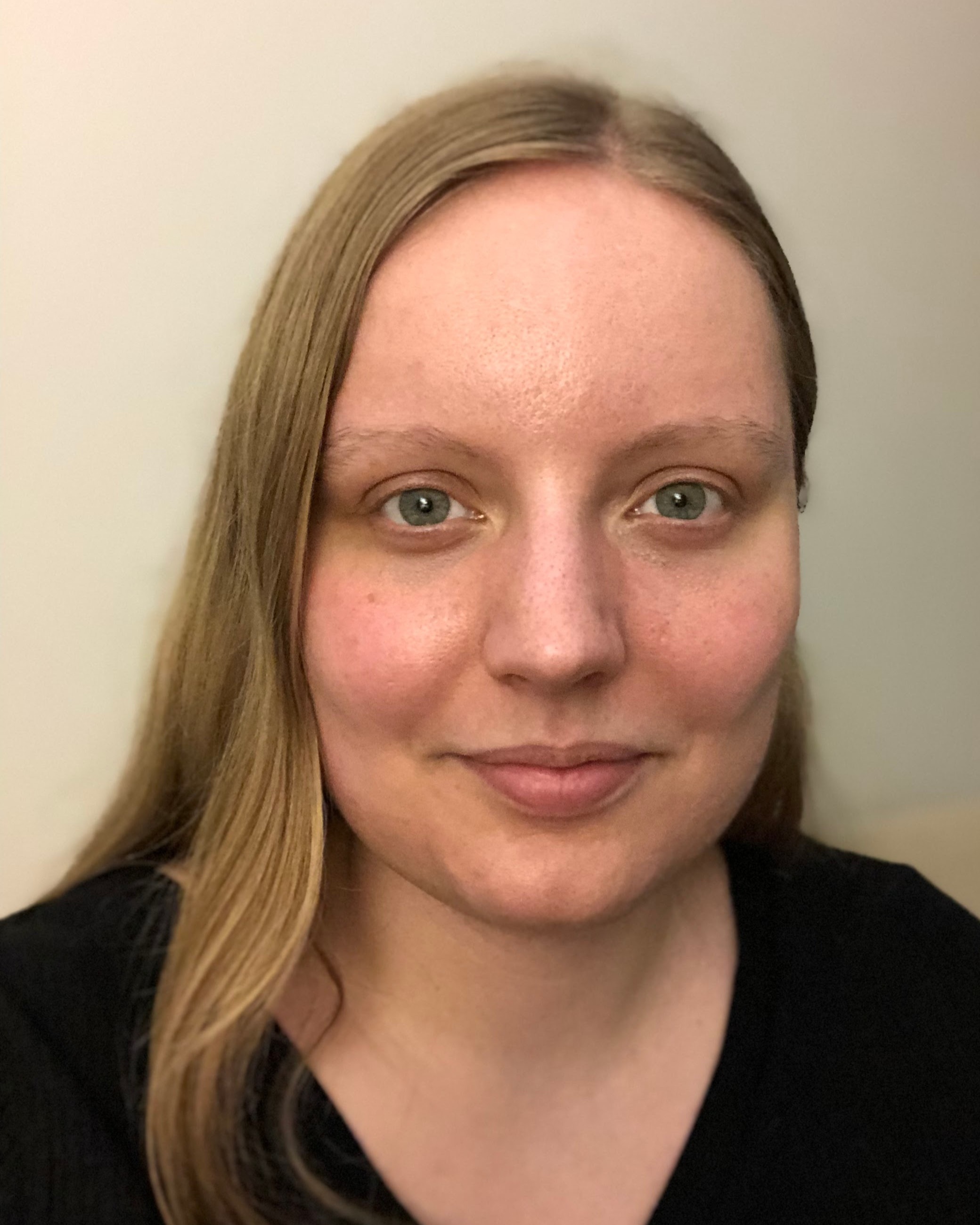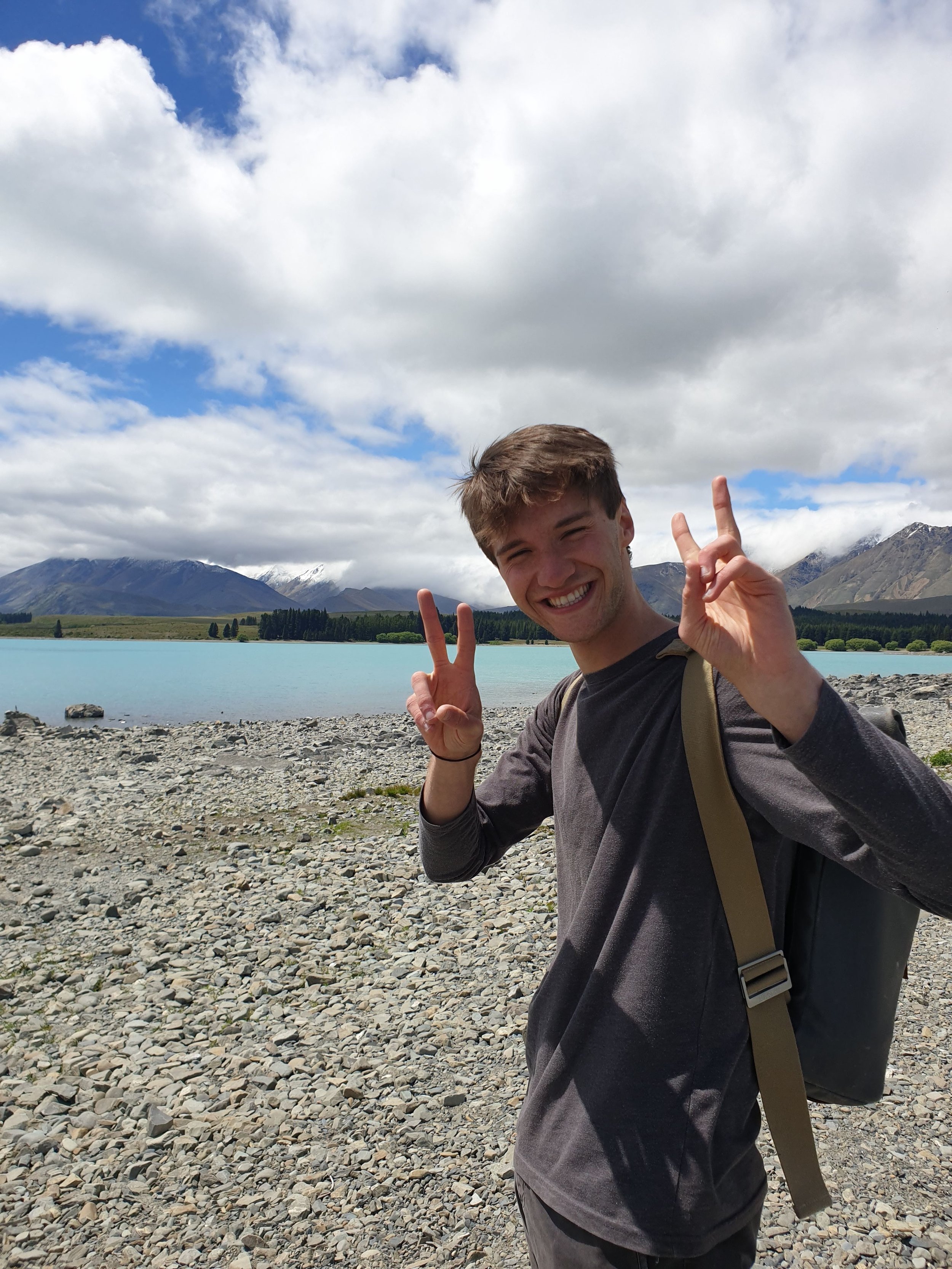Our people
We offer a unique mix of multi-disciplinary research expertise centred around economics, social psychology, statistics, and covering both quantitative and qualitative methodologies.
Kōtātā brings to its work:
A proven track record conducting research and leading large-scale policy research programmes in a government environment
Strong technical quantitative skills, including proven experience in applying econometric and psychometric techniques to new issues
Substantive knowledge of Aotearoa New Zealand data sources and their use for research
Demonstrated consultation, group-work, and facilitation expertise that supports all aspects of the research process from scoping to sense-making
Excellent literature review skills - rapid or fully comprehensive
Pro-active thinking, open-mindedness, and creativity, embracing a broad range of perspectives and research approaches
Strong communication skills including excellent writing and an ability to communicate the results of complex research to both non-technical and technical audiences via presentations, reports, and peer-reviewed publications
Extensive networks of contacts with leading researchers within Aotearoa New Zealand and internationally
Familiarity with cabinet processes and experience working directly with Ministers and other senior stakeholders.
Principals
Bev Hong
Bev is a social psychologist with a background and experience in social research, evaluation, measurement, and both quantitative and qualitative methodologies. Her mahi includes the use of mixed methods to measure and understand contributors to well-being and to evaluate how policies and programmes are operating and their impact. Bev’s interests span a broad range of social policy domains with a specific focus on understanding well-being and diversity, national identity, sense of belonging, social cohesion, and the bridging of knowledge from different world views.
Highlights of Bev’s mahi include leading the dual-stranded (traditional western) Families and (Te Ao Māori-based) Whānau Wellbeing Research Programme (2014-2017, Superu); as inaugural research lead at the Ministry for Culture and Heritage with a focus on cultural indicators and measuring the value of culture (2012-2014); as co-designer and lead facilitator for national consultation with recent migrants (2018, MBIE). Bev has worked in a broad range of social sector portfolios including Justice, Social Development, Education, Immigration, Environment, and Culture and Heritage. Her roles have often included facilitating research-related workshops and consultation (for example, to develop Theory of Change/investment narratives, or identify information needs and how those might be best met through research).
bev.hong@kotatainsight.co.nz
027 232 3615
Dr. Conal Smith
Conal is a Wellington-based economist with interests spanning the economics of well-being, valuing intangible costs and benefits, social capital and trust, the behavioural drivers of economic outcomes, and social policy more generally.
He led the development of the first international guidelines on the measurement of subjective wellbeing (2013) and trust (2017) as well as the OECD's first well-being themed country report. Conal has worked on the policy applications of well-being measures in New Zealand, the OECD, and the developing world. In 2014 he co-taught the first formal course in wellbeing economics at Sciences Po in Paris.
Conal is currently a member of the World Wellbeing Panel and has worked as a senior economist at the OECD as well as in managerial and senior policy roles in a range of different New Zealand government agencies.
conal.smith@kotatainsight.co.nz
022 414 6235
Luisa Beltran-Castillon
Luisa is a quantitative researcher with a strong interest in child wellbeing and in supporting better social outcomes for the most vulnerable. With strong programming and technical skills, her focus is in making sense of the behavioural and social patterns underneath the numbers, and in the clear communication of analysis for easy use in policymaking.
Luisa has extensive experience in New Zealand public service having worked as a manager and principal researcher at several agencies, including the Ministry of Education, Statistics New Zealand, and the Ministry of Social Development. Her work has covered a range of policy areas including; housing, student achievement, early childhood education, family violence, child protection, early intervention, disability, injury prevention and criminal justice.
Luisa holds a BSc (Hons) in Computing, Operational Research and Statistics, and developed her modelling and analytical expertise in the financial and management consultancy sectors in the UK. Luisa has a collaborative working style and enjoys working alongside others in a collegial or mentoring relationship.
luisa.beltran-castillon@kotatainsight.co.nz
021 030 8588
Associate PrincipalS
Atawhai Tibble
Of Ngāti Porou, Te Whānau a Apanui, Tuwharetoa, Whanganui, and Raukawa ki te Tonga descent, Atawhai is Wellington-based strategic policy advisor, with interests spanning the economics of Māori well-being, the valuation of Māori language and culture, the measurement of cultural capital, the behavioural drivers of Māori outcomes, and Māori economic and social policy more generally.
Atawhai is both fluent in te reo Māori and has expertise in tikanga Māori. He led the development of the first ever survey of indigenous wellbeing undertaken by a national statistics agency – Te Kupenga. He then led the Māori Living Standards Framework project at the NZ Treasury. Atawhai currently works 4 days a week at Statistics New Zealand. The other day he devotes to Māori research and policy projects.
A trained lawyer, Atawhai has extensive experience in the public service and has worked as a Manager and a Senior Advisor at a range of agencies including Te Taura Whiri i te Reo, Te Puni Kōkiri, and the Ministry of Education. He has also has experience in the Beehive where he was an advisor to the Minister’s of Education and Māori Affairs.
Keith Mcleod
Keith has a background in statistics, and has led and undertaken analytical projects across the NZ public sector. He has extensive experience working with integrated administrative and survey data in Stats NZ's IDI, and is an experienced SAS and R programmer. His research interests include population change, immigration, the social support system, health and disability issues, and measuring service effectiveness.
Keith has worked for more than 20 years across a number of government agencies, including The Treasury, the Ministries of Social Development, and Business, Innovation and Employment, and Statistics NZ. He holds an Honours degree in statistics from the University of Canterbury, and has published research papers across a wide range of topics.
Margreet Frieling
Margreet is a sociologist with a strong background in measurement and statistics. Her work over the last ten years has focused on the conceptualisation and measurement of wellbeing within a public policy setting. Key areas of focus have included social capital and social connectedness, Māori wellbeing, subjective wellbeing, civic and cultural engagement, health, and housing outcomes.
Margreet has worked as a senior analyst at both Stats NZ and the Treasury. Within these roles, Margreet has developed conceptual frameworks for a wide range of wellbeing constructs and researched best practice approaches for measurement, as well as undertaken research projects.
Vyletta Arago-Kemp
Vyletta is of Ngati Porou and Ngai te Rangi descent. She has a background in Kaupapa Māori and Māori Centred Research and Evaluation, which includes 35 years of work experience in the public sector as well as private sector organisations. Prior to joining as an Associate at Kōtātā, Vyletta’s most recent role was to lead the Research and Evaluation programme for the revitalisation of the Māori Language for Te Taura Whiri i te Reo Māori (Māori Language Commission).
Vyletta has undertaken a range of research and evaluation projects to ensure a Māori worldview is included and considered. She has worked with Māori communities throughout Aotearoa New Zealand in Māori Medium Education (Kohanga Reo and Kura Kaupapa Māori) while employed with the New Zealand Council for Educational Research, and the Kohanga Reo National Trust.
early career AssociateS
Caitlin Davies
Caitlin is a PhD candidate at the University of Auckland (2016-est.2020) studying economic and financial stability within New Zealand. She has an interest in the econometric and analytic modelling of wellbeing, policy, and macro-financial topics. As an early-career economist, she has interned with Housing New Zealand (2015-2018) and New Zealand Treasury (2018) to produce outputs on subjective wellbeing and macro-prudential policy. She is also an experienced Graduate Teaching Assistant with the University of Auckland, and has an ongoing Policy Support role with the Treasury.
Caitlin is working with Kōtātā Insight on valuing wellbeing outcomes for cost-benefit analysis with a particular focus on housing outcomes. The project applies a cost-wellbeing methodology to data from the New Zealand General Social Survey to estimate the compensating surplus associated with a range of different non-market outcomes and runs until March 2020. A discussion paper will be published presenting a robust set of wellbeing values for social and economic outcomes in New Zealand, with a particular focus on values applying to the social housing client group.
Liam Gibbs
Liam is a PhD student at the University of Canterbury studying Computational and Applied Mathematics. Liam's thesis is on gender representation in academia: investigating individual-level factors influencing the institutional retention, and promotion, of women. As well as gender in academia, Liam has researched COVID-19 antibody decay, and the relationship between mathematics streaming and racialised social class inequalities in Aotearoa.
Liam is working with Kōtātā Insight (in partnership with Te Taura Whiri i te Reo Māori) on investigating intergenerational language transmission and acquisition of te reo Māori. This project uses data from the Growing Up in New Zealand longitudinal study. Work in this area will help inform TTWh’s individual-based national language-fluency forecasting model.
Hinako Percival
Hinako is an Associate Registered Nutritionist, soon to start her PhD at Massey University looking into ways to improve the appointment letter sent to waitlisted diabetic patients awaiting publicly funded dietitian appointments. Her current work as a Research Assistant at the Research Centre for Hauora and Health, Massey University mainly involves qualitative research on a Mātauranga Kai project. She has also been involved in food policy and food environment work with Health Coalition Aotearoa.
Hinako is working with Kōtātā Insight on a literature review looking at globally inclusive well-being measures, with a particular focus on capturing well-being measures developed for indigenous populations. This will be contributing to Kōtātā Insight's project on globally inclusive measures of subjective wellbeing commissioned by the OECD.
Design by Scott Gordon Design and Acumen










